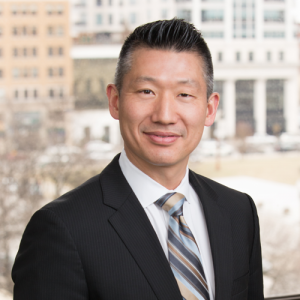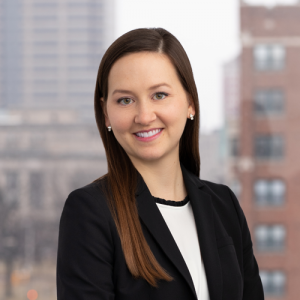On May 11, 2020, U.S. Citizenship and Immigration Services published a policy memorandum providing temporary flexibility for physicians completing a J-1 waiver service obligation during the COVID-19 pandemic. The policy memorandum addresses the full-time work requirement and telehealth services for these physicians in light of the Public Health Emergency issued in response to the COVID-19 pandemic.
BACKGROUND
International Medical Graduates who come to the U.S. to complete graduate medical education or training in J-1 status are subject to the 2-year foreign residence requirement under INA 212(e),[1] which requires these physicians to return to their home country for at least 2 years before being eligible: (1) for permanent residency; or (2) to apply for a nonimmigrant visa. To overcome the two-year foreign residence requirement, these physicians may obtain a J-1 waiver through an Interested Government Agency or the Conrad State 30 program if they agree to work full-time (at least 40 hours per week) in H-1B status for at least 3 years in a federally designated shortage area. If the J-1 waiver service obligation is not fulfilled, these physicians may be re-subjected to the 2-year foreign residence requirement.
FULL-TIME WORK REQUIREMENT
Currently, many physicians completing a J-1 waiver service obligation are temporarily unable to work full-time due to the COVID-19 pandemic. According to the policy memorandum, if these physicians are unable to work full-time due to consequences of the COVID-19 pandemic, they will not fail to fulfill the terms of their J-1 waiver service obligation.
This policy is limited to the J-1 waiver service obligation and does not alter the employer’s requirements under the H-1B program. The policy is further limited to lapses in full-time work that occur as a result of the COVID-19 pandemic, from the beginning of the Public Health Emergency as declared by the Secretary of HHS on January 31, 2020, to the end of the Public Health Emergency.
TELEHEALTH SERVICES
In addition to easing the full-time work requirement, the policy memorandum also sheds light on telehealth services in the context of the J-1 waiver service obligation. Previously, there has been no statutory or regulatory guidance as to whether a physician may fulfill the J-1 waiver service obligation by providing telehealth services.
According to the policy memorandum, physicians fulfilling their J-1 Waiver service obligation may provide telehealth services during the COVID-19 pandemic, as long as the services are provided from their worksite as listed in their H-1B petition. Physicians who provide telehealth services accordingly will not fail to fulfill the terms of their J-1 waiver service obligation.
This policy is limited to telehealth services provided from the publication date of the policy memorandum on May 11, 2020, to the end of the Public Health Emergency.
PRACTICAL TAKEAWAYS
Employers may need to alter certain employment arrangements for physicians fulfilling the J-1 waiver service obligation due to the consequences of the COVID-19 pandemic. To address this issue, the policy memorandum allows employers to decrease these physicians’ hours and schedule these physicians to provide telehealth services without affecting the physicians’ ability to fulfill the J-1 waiver service obligation. However, employers should be aware that this policy is temporary and may only be relied upon until the end of the Public Health Emergency.
For more information, please contact:
- Michael L. Kim at (317) 977-1418 or mkim@wp.hallrender.com;
- Lindsay C. Ramsey at (317) 429-3637 or lramsey@wp.hallrender.com;
- Charlotte M. Fillenwarth at (317) 977-1476 or cfillenwarth@wp.hallrender.com;
- Grace E. Shelton at (317) 429-3620 or gshelton@wp.hallrender.com; or
- Your regular Hall Render attorney.
Hall Render’s attorneys and professionals continue to maintain the most up-to-date information and resources at our COVID-19 Resource page, through our 24/7 COVID‑19 Hotline at (317) 429-3900 or by contacting your regular Hall Render attorney.
Hall Render blog posts and articles are intended for informational purposes only. For ethical reasons, Hall Render attorneys cannot—outside of an attorney-client relationship—answer specific questions that would be legal advice.



